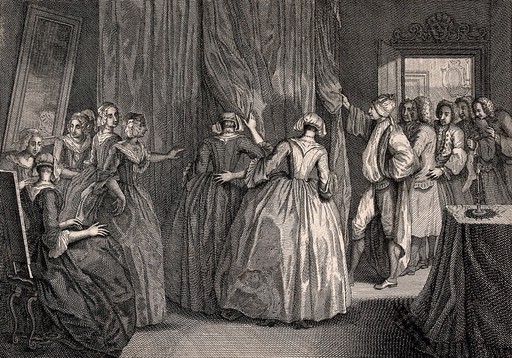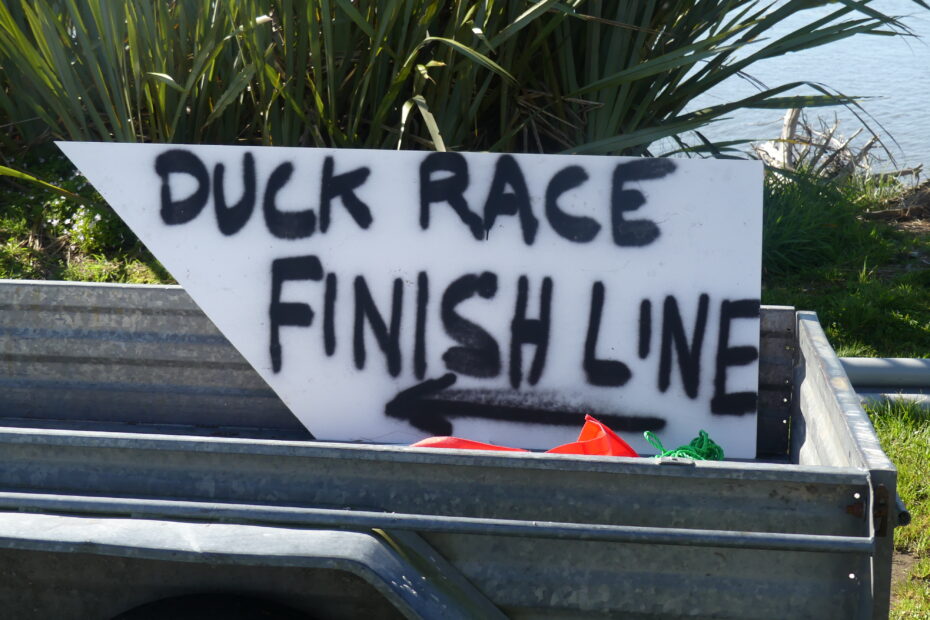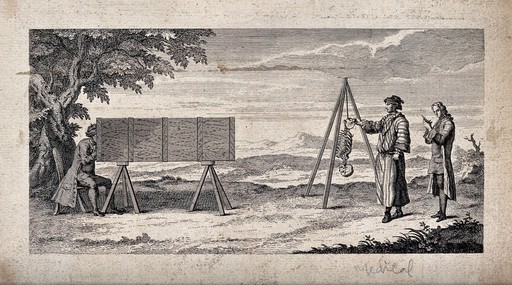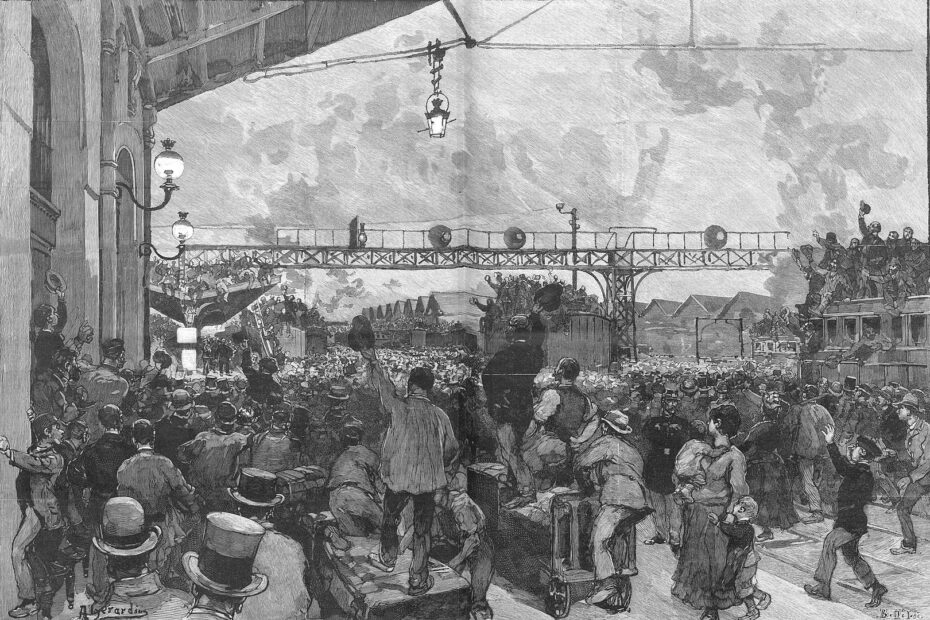Retrospective: a year of advocacy at Wikimedia France
Wikimedia France looks back on 2021, a year of advocacy campaigns at national and European level. Bringing the voice of community-governed platforms such as Wikipedia – besides the commercial ones – is not always easy. And while legislators and policy makers receive our arguments and concerns generally positively, there is still a long way to go before our messages and initiatives claim to be embedded in the texts that shape and frame the digital of tomorrow.
Several bills have, this past year, impacted Wikimedia projects and particularly the collaborative online encyclopedia, Wikipedia. Without going into a Prévert-style inventory, Wikimedia France wants to come back to some of its battles that it has carried out relentlessly, in order to defend a vision of a free and open Internet, protecting the rights and freedoms of users.
The Republican Principles bill or “the French DSA”
The bill reinforcing respect for republican principles, originally called “law project against separatism”, was not intended to regulate digital platforms. Indeed, the main objective of this text was to “fight against radical Islam and separatism”. But policy experts ended up qualifying it as a “catch-all”, insofar as a lot of subject matter had been inserted into it, including digital issues.
Read More »Retrospective: a year of advocacy at Wikimedia France

















